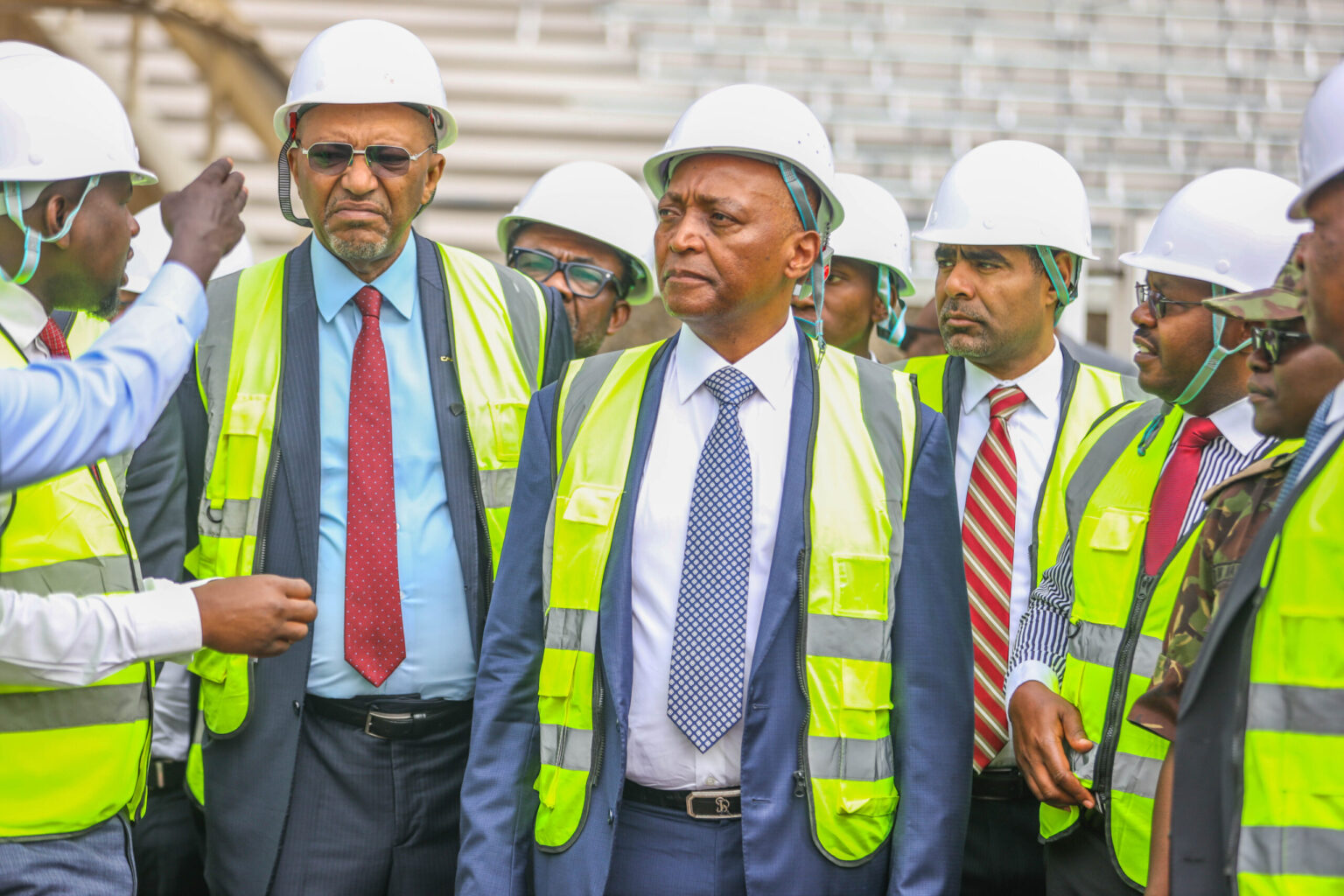- Details
- East Africa
- 743
The highly anticipated Africa Nations Championship (CHAN), initially set to be hosted in Kenya, Uganda, and Tanzania in February 2025, has been postponed to August 2025 due to infrastructure delays.
The tournament, intended for locally-based players, was scheduled to take place from February 1-28, 2025. However, on Tuesday, January 14, the Confederation of African Football (CAF) announced the delay to allow more time for the host countries to complete the necessary infrastructure and facilities.
“CAF Technical and Infrastructure experts, some of whom have been based in Kenya, Tanzania, and Uganda, have advised that additional time is needed to ensure that the infrastructure and facilities are at the required levels for a successful African Nations Championship (“CHAN”) in Kenya, Tanzania, and Uganda 2024,” a statement from CAF read.
Despite the postponement, the draw, which was scheduled for Wednesday, January 15 in Nairobi, will proceed as planned.

CAF President Patrice Motsepe expressed his appreciation, stating: “I would like to extend my sincere gratitude to President William Ruto of Kenya, President Samia Suluhu Hassan of Tanzania, and President Yoweri Museveni of Uganda for their leadership, commitment, and the significant progress made in upgrading the stadiums, training fields, hotels, hospitals, and other facilities in Kenya, Tanzania, and Uganda for hosting a successful African Nations Championship (CHAN) Kenya, Tanzania, Uganda 2024.”

He further stated, “I am impressed with the ongoing construction and renovations of the football infrastructure in Kenya, Tanzania, and Uganda. I am confident that the stadiums, training fields, hotels, hospitals, and other facilities will meet the necessary CAF standards, ensuring a successful African Nations Championship (CHAN) Kenya, Tanzania, Uganda 2024 in August 2025.”
Kenya has been racing against time to complete the two competition stadiums, Moi International Sports Center Kasarani and Nyayo National Stadium, ahead of the tournament. The latest development is welcome news for Kenya, as the facilities are still under construction.
At Kasarani, the canopy roof remains unfinished, while at Nyayo National Stadium, the floodlights are yet to be installed. By Alex Isaboke, Capital News






